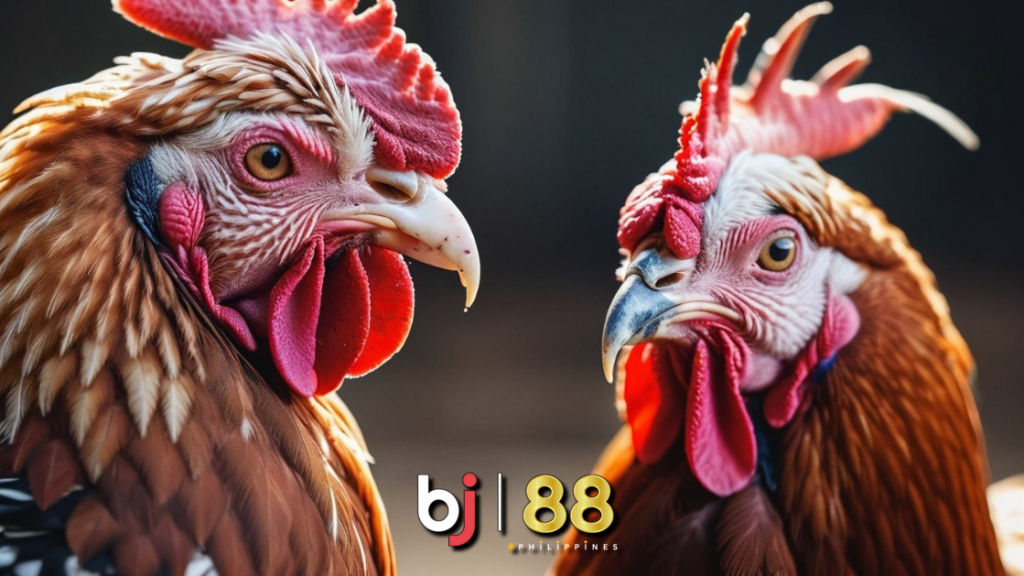Attention, Rooster Breeders—Discover the Vital Importance of Identifying and Addressing Growth Deficiency Risks in Offspring to Ensure the Health, Vitality, and Longevity of Your Flock!

Rooster breeding is a labor of love, requiring dedication, patience, and a keen understanding of genetics and health. However, even the most experienced breeders may encounter challenges when it comes to ensuring the optimal growth and development of their offspring. In recent years, breeders have been alerted to the risk of growth deficiency in rooster offspring, a condition that can have serious implications for the health and well-being of the flock. In this article, we’ll explore the issue of growth deficiency in rooster offspring, its potential causes, and strategies for prevention and management.
IDENTIFYING GROWTH DEFICIENCY IN ROOSTER OFFSPRING
Understanding Growth Deficiency
Growth deficiency in rooster offspring refers to a condition in which young birds fail to reach their expected size, weight, or development milestones. This can manifest as stunted growth, underdeveloped musculature, or delayed maturation compared to their peers. Identifying growth deficiency early is essential for implementing interventions to support the affected birds and prevent further complications.
Common Symptoms
Some common symptoms of growth deficiency in rooster offspring include:
- Slow growth rate: Birds may exhibit slower-than-average growth compared to their siblings or peers.
- Poor muscle development: Birds may have underdeveloped musculature, resulting in weakness or lethargy.
- Delayed maturation: Birds may take longer to reach sexual maturity or exhibit signs of reproductive readiness.
- Failure to thrive: Birds may appear smaller, weaker, or less robust than their counterparts, with poor appetite or activity levels.
POTENTIAL CAUSES OF GROWTH DEFICIENCY
Genetic Factors
Genetics play a significant role in determining a rooster’s growth potential, and certain genetic traits or mutations may predispose offspring to growth deficiency. Breeders should carefully select breeding pairs to minimize the risk of passing on genetic abnormalities that could impact growth and development.
Nutritional Deficiencies
Nutrition also plays a critical role in supporting healthy growth and development in rooster offspring. Inadequate or imbalanced diets lacking essential nutrients such as protein, vitamins, and minerals can hinder growth and lead to deficiencies. Breeders should provide a well-balanced diet formulated specifically for growing birds to ensure optimal nutrition and support healthy growth.
PREVENTION AND MANAGEMENT STRATEGIES
Selective Breeding
Selective breeding is a key strategy for preventing growth deficiency in rooster offspring. By carefully choosing breeding pairs with desirable traits and genetic backgrounds, breeders can reduce the likelihood of passing on genetic abnormalities that may impact growth and development.
Optimal Nutrition
Providing rooster offspring with optimal nutrition is essential for supporting healthy growth and development. Breeders should offer a well-balanced diet formulated specifically for growing birds, ensuring adequate protein, vitamins, minerals, and other essential nutrients. Additionally, regular monitoring of feeding practices and adjustment of diet as needed can help prevent nutritional deficiencies and promote optimal growth.
Conclusion
In conclusion, growth deficiency in rooster offspring is a significant concern for breeders, with potential implications for the health, vitality, and longevity of the flock. By understanding the common symptoms, potential causes, and prevention and management strategies associated with growth deficiency, breeders can take proactive steps to ensure the optimal growth and development of their offspring. Through selective breeding, optimal nutrition, and vigilant monitoring, breeders can minimize the risk of growth deficiency and support the overall health and well-being of their flock for generations to come.
